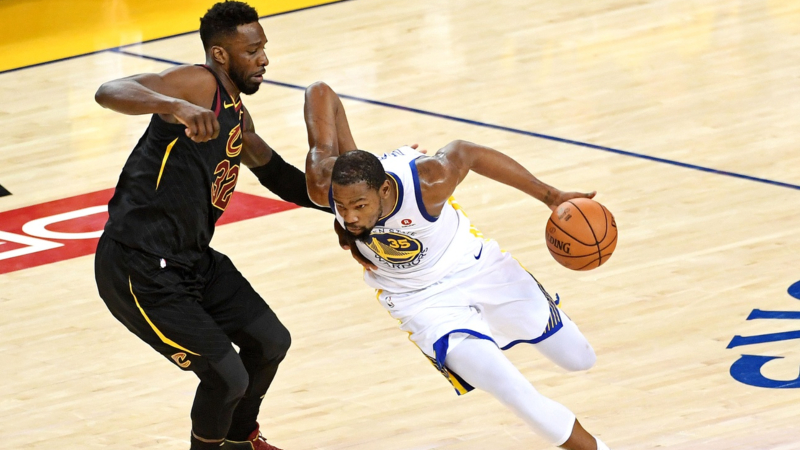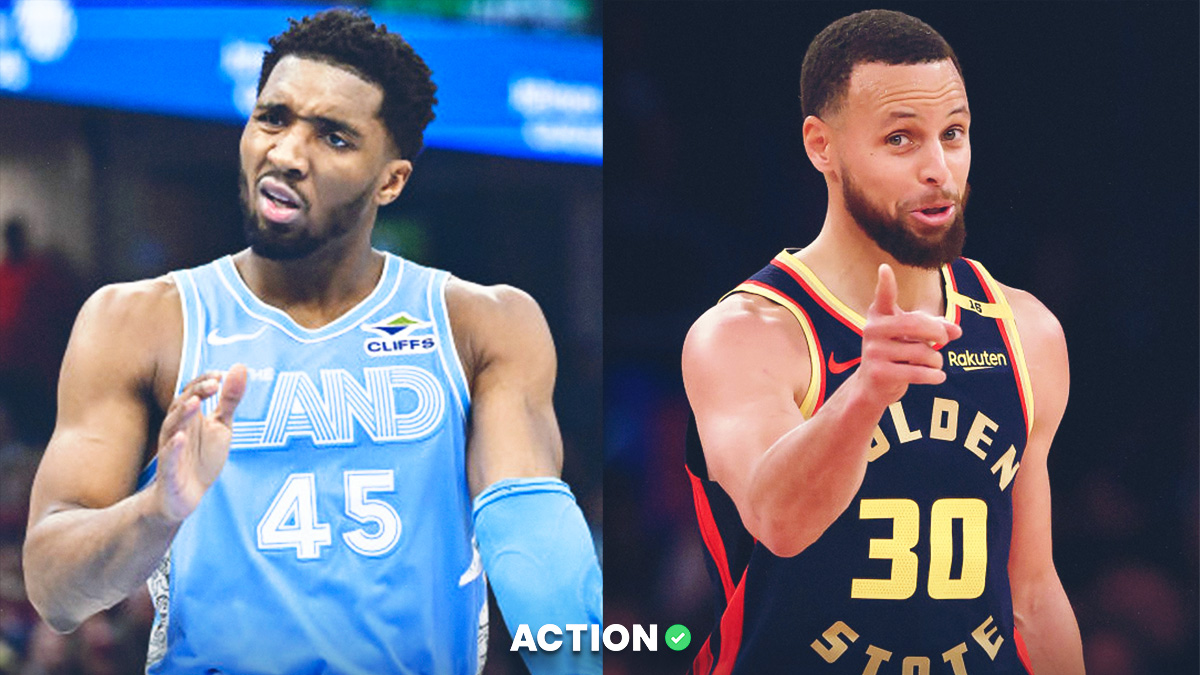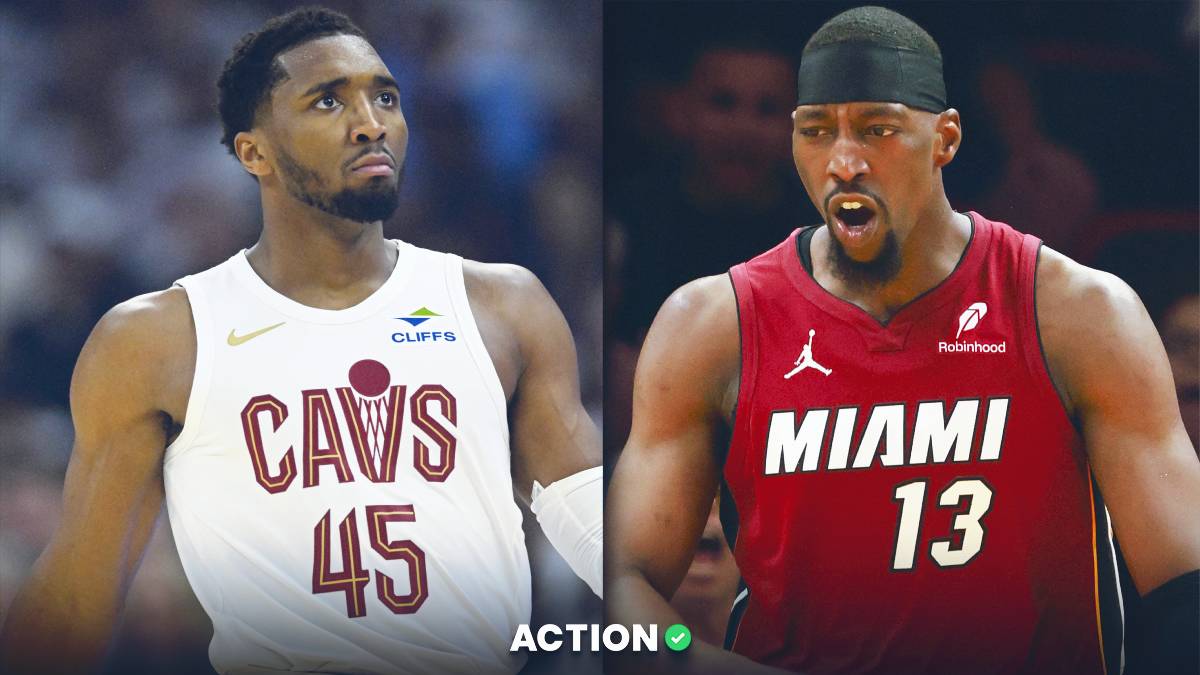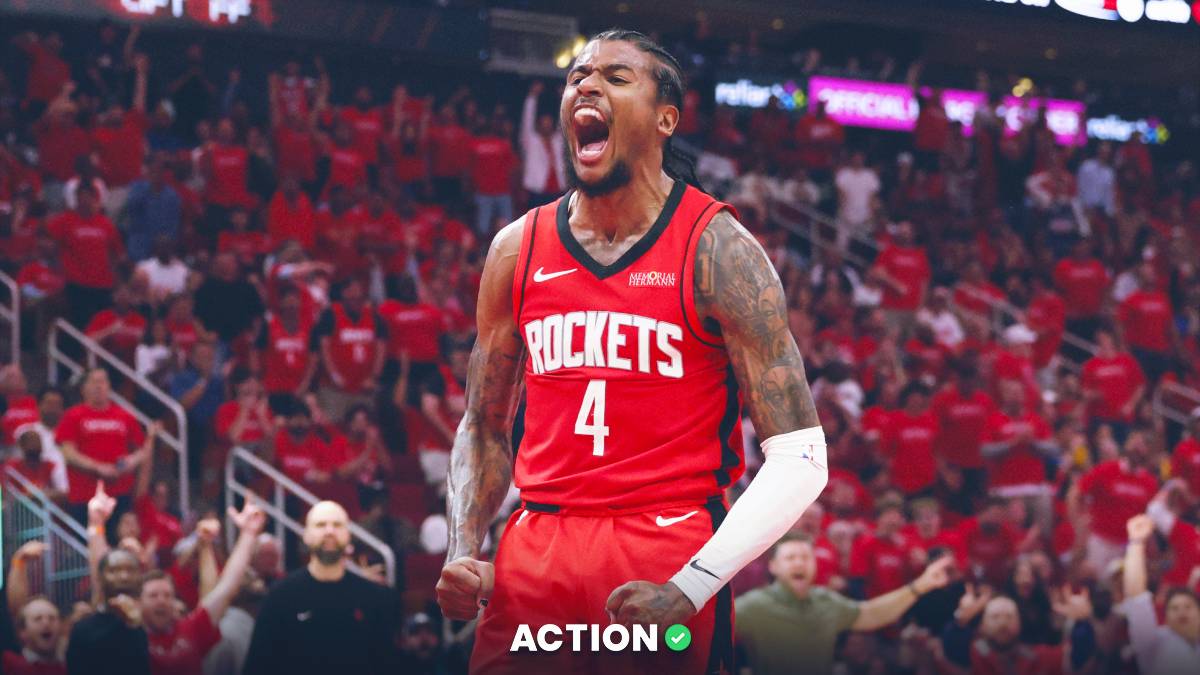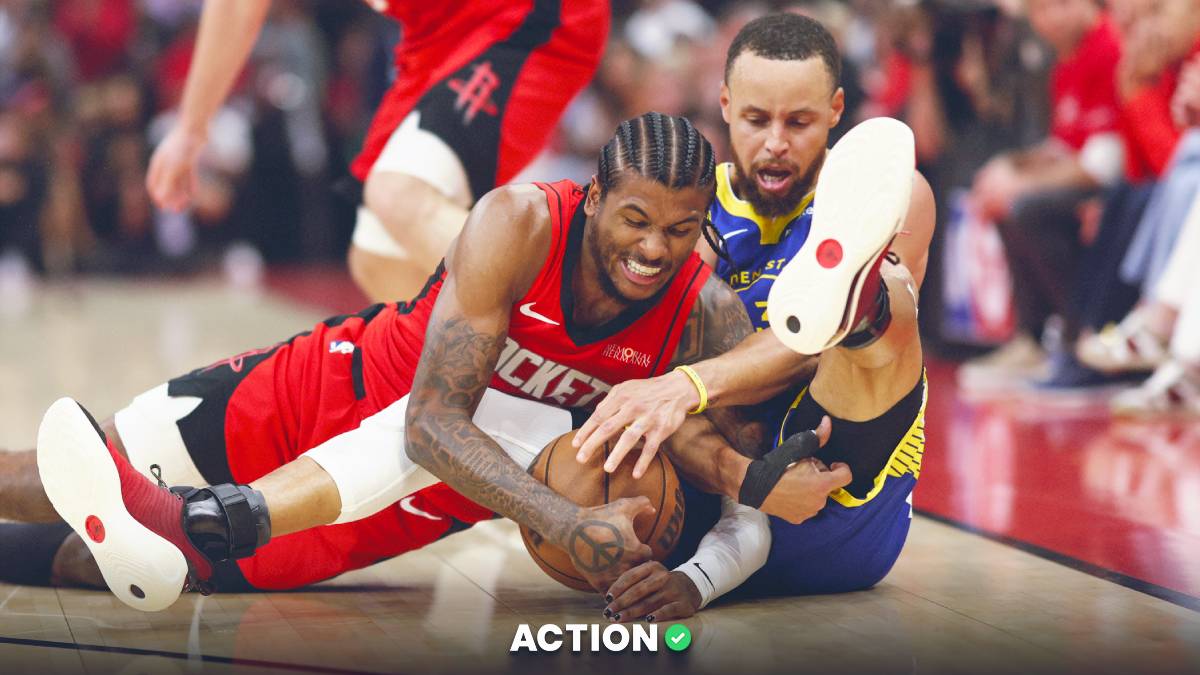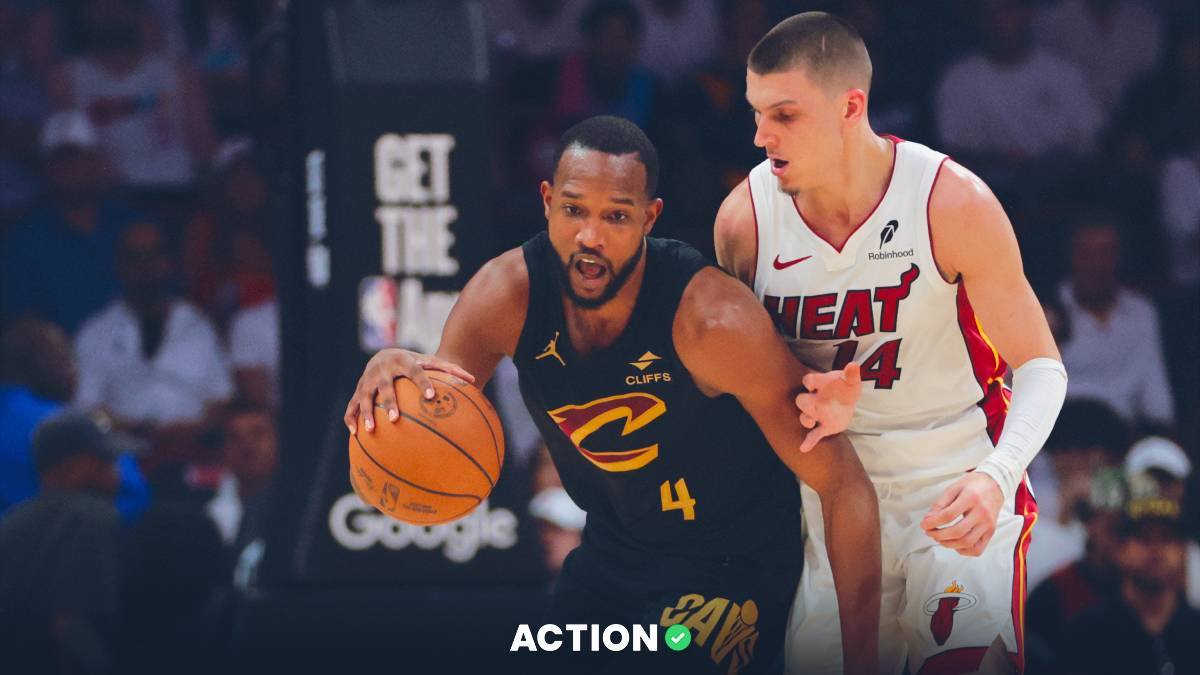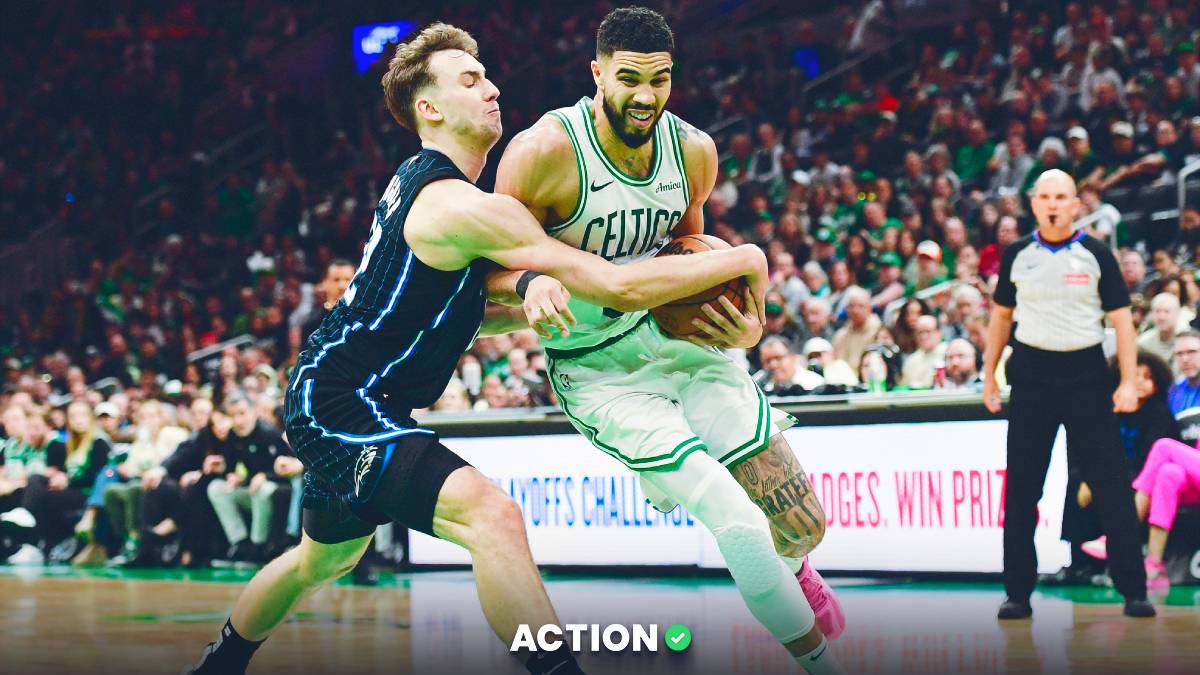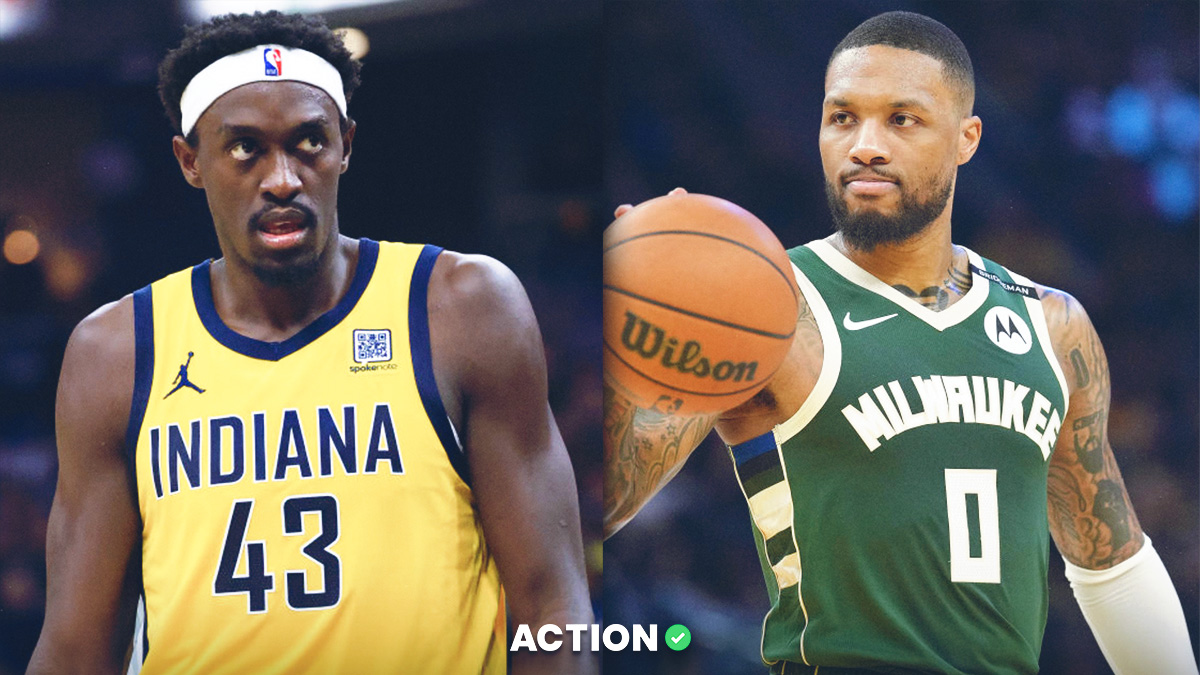OAKLAND — The vibe around the Warriors is very weird right now. Specifically, it's weird when it comes to Kevin Durant.
The problem when we start talking about these things is that the very understandable next question is, "OK, so does that mean (X)?" The natural response to NBA discord is to wonder if Durant hates his teammates or is leaving in free agency or whatever. So let's get ahead of this and clear up what I'm not saying.
- I'm not saying there's been any indication from anyone inside the Warriors that Durant is unhappy and wants to leave. There hasn't been.
- I'm not saying that there's a sense from around the league that he's going to leave. There isn't.
- There's been no indication that Durant will do anything but opt in for another year or re-sign with Golden State.
- Durant has maintained that he is happy with his life and all the "blog boys" need to quit acting like he's miserable.
- This column is not suggesting Kevin Durant won't play for the Warriors at any point in the near future.
That said… it really is weird.
Let me give you some numbers before we talk context.
THE DATA
Last year, the Warriors swept the Western Conference and beat the Cavs in five games. It was one of the most dominant, maybe the most dominant, runs ever for a team, and it put Kevin Durant squarely in the "best player in the league" conversation. Everyone still leaned LeBron, but Durant was at least someone you could say beat him and was as good in so many areas.
That gap feels like an ocean now.
In the entirety of last year's playoffs, Durant had 37 isolation possessions, via Synergy Sports.
In the first two rounds of this year's playoffs, Durant had 44. For the postseason as a whole, he has… wait for it… 128.
One hundred and twenty-eight possessions for a team defined by its ball movement, getting guys free off screens and never settling for bad shots. What's amazing is Durant's efficiency, because he's Kevin Durant. He's averaging 1.008 points per possession in the playoffs, and that number has held firm since the start of the Western Conference finals when he faced a much better defense in the Rockets. That's great efficiency.
However, the Warriors are even more efficient overall, at 1.015 points per possession. They have better weapons, including Durant himself, who is more efficient off screens and in spot-up situations.
But the efficiency is not really the point. Steve Kerr has maintained that if the Warriors get Durant in a mismatch, they feel great about it. However, it's obvious when Durant isolates that the Warriors' offense grinds to a halt. They're not moving the ball. They're not pushing the pace. They are just like every other NBA team that settles for contested shots from star players.
And it's a matter of diminishing returns. In Game 1 of the Finals, where the Warriors have so many advantages when they get the Cavaliers on the move and trying to fight through screens, Durant had eight isolations for six points. Four came off free throws on a dubious call on George Hill and, you guessed it, the reversed call on LeBron James' charge attempt. Durant tried to isolate vs. Kevin Love four times, the very mismatch Kerr was suspiciously defensive about in the last series.
Durant scored no points on Love in isolation. Again, though, it's not about the results, it's about how far it takes Durant away from the Warriors and what they do well. It's what they did so well last year with the formula of Durant coming off screens.
Meanwhile, in the fourth quarter of games since the Western Conference finals began, Durant is 7-for-26 from the field and is -10 overall. Overall, in those games against high-level competition, Durant is +71 in plus-minus when Steph Curry is on the floor… and minus-17 in minutes where Curry is not on the floor. (The same numbers are essentially true for Curry without Durant, for what it's worth. Surprise, the two best players on a team are better when the other is on the floor.)
Finally, here's one. Durant is averaging roughly as many passes per touch in the playoffs (.549) as Klay Thompson (.527), and significantly fewer than Steph Curry (.660). That makes sense on a basic level given Curry brings the ball up and Draymond Green (most passes, 0.85 passes per touch) is the trigger man, but it still seems odd that Durant isn't creating as part of the system. He's just absorbing possessions.
Is the change really because of the switches? Is it really what's best for the Warriors? Is it really Kerr's idea? These are things we don't know, and the reason it's not certain is that a lot of the time it seems like Durant is making these decisions on his own.
The bigger thing here isn't even about how effective the Warriors are or can be playing this style, it's about the fact that more and more it feels like there's the Warriors' offense, and then, independently, Kevin Durant. Maybe that corrects itself as early as Game 2 of the Finals, but it's been a trend.
Despite all this? Durant scored the most points of any player, ever, in the Western Conference finals. He still had two 30-plus point performances, and the Warriors still won. So maybe this isn't so much of a problem. It's just, again, weird.
THE REACTIONS
Even more stunning is how the home crowd at Oracle has reacted to this. No one grumbled in Game 3 of the Western Conference finals, because the Warriors won easily. No one grumbled in Game 4, because the series was tied, but, whatever, there were bigger concerns. During Game 6, though, you started to hear some of it as the Warriors struggled in the first half before righting the ship after going back to Curry lighting it up with a small-ball unit.
In Game 1 of the Finals, though? The crowd was outright disgruntled with every Durant miss. Now, if he makes those? Sure, the crowd is appeased. That's what it really comes down to, whether he makes them or not. But when he missed, you heard lower bowl fans yelling, "Move the ball!"
But those are fans, and the Warriors' faithful simply don't love Durant the same way they love the core of Steph Curry, Draymond Green and Klay Thompson. They appreciate Durant, they know how great he is, but they don't love him the same. Curry could airball six 3's in a row and Oracle would still expect him to make that seventh even more.
What's weird are the comments. Consider this from Shaun Livingston after the Game 7 win vs. Houston:
"Character builder,” Livingston said of Durant’s performance. "For him, it was about staying with it. Guys like Andre (Iguodala), Steph, they know, the levee — the dam — is going to break. But you gotta keep your spirit right. If you’re emotional and you’re tense, you’re upset because things aren’t going your way, then it’s going to continue to go bad.
"It tests you, it tests your emotion, your energy, your spirit. We all know he’s one of the greatest basketball players of all time in terms of skill, but there’s so much more to the game in that moment. … I’m glad he stayed with it.”
Or how about this, from The Athletic?
What mattered, within this conversation, is what the strategy symbolized. In the micro, it’s a team trying to loosen the handsy defense slowing one of its prime offensive weapons at the season’s pinnacle moment. But in the macro, it’s about a franchise trying to reconnect one of the greatest individual scorers of all-time with the offensive system that flowed so beautifully with him last season before drifting a bit apart after their first title together.
"It’s been a step back this year,” one source said back in April.
Or this widely shared clip of Steve Kerr talking to Durant? While we acknowledge that body language is hard to read (and it's hard to concentrate in the chaos of a game, especially when play is about to resume), look how Durant reacts.
Words of wisdom from Kerr to Durant pic.twitter.com/XlQ7tKjdT1
— Warriors on NBCS (@NBCSWarriors) May 25, 2018
Or this from The Athletic (The Athletic has a lot of great Bay Area writers) after Game 7:
"Naw,” Durant said with a smile after a long pause, "for me, it was more, ‘just get your ass back to center,’ you know what I’m saying? ‘You’re too old to be like this. Just get back to center.’ That’s all I was trying to do.”
Get back to center? What does that mean?
"Just get back to who I am, stop thinking about stuff that don’t matter, stuff that you can’t control,” Durant said. "So I was just like, ‘get back to center.’"
"For us, it was good. My first seven-game series with the Warriors. We’ve played five games at the most. So to go through a series that we start off on the road and then win Game 7 on the road, that experience is going to bring us closer as a group.”
Again… weird. There was also a comment Durant made in the Game 7 presser.
Q. Mike D'Antoni sat in your seat there and said: We are close. We are close to knocking off the Warriors. How do you feel about that assessment? And what was the level of concern in the series about how the Rockets were pushing you to the limit?
KEVIN DURANT: I don't know how to feel about what Coach D'Antoni said. I mean, anything can happen over the summer, over the season next year, anything can happen for both sides.
Again… probably meaningless… but weird.
It's not just the comments. It's how the team acts. It's how often Draymond Green is furious with Durant over something. It's how disconnected Durant feels to the rest of the offense, which Steve Kerr attributed to Steph Curry's absence due to a knee injury late in the regular season and into the first two rounds of the playoffs.
This stuff hasn't been lost on those around the league, either. Scouts have commented on how he seems disconnected, "on an island," that he's "pressing" at times, trying to establish a rhythm. When Durant missed the box-out that allowed J.R. Smith's boneheaded play at the end of regulation in Game 1, several league sources noted that was wildly out of character for a normally very plugged-in Durant.
But then, all of this can be traced back to random plays, a rough stretch or the Curry injury messing with rhythm.
Maybe that's all it is. Maybe it's just the matchups, the switches, the flow of the game. Maybe it's about Curry's absence, or whatever. But as much as Durant and his camp fought this after he joined Golden State, there is an acknowledgment from everyone in NBA circles that Durant does tend to care a lot about what people say about him; his burner Twitter account activity is proof of that.
Then again, maybe all of this is just the consequence of a rib injury he re-aggravated during the playoffs. The Warriors have not listed him on any official injury report, he hasn't missed a game, and everyone is playing through injury in the playoffs, but if his mobility is hampered, that might explain the offensive shifts to his game.
The most likely scenario is that this is a growing pains situation for Durant. The Warriors will still most likely win the title. Durant will still most likely stay with the Warriors for at least another year, if not on a long-term deal.
However, after being around the Heat in 2014 and being surprised that the vibe was an end of an era instead of a transition year for the LeBron Triad team, I've learned to be aware when things don't fit the outside perspective. It doesn't feel like the end of an era for Golden State, especially one that just began last year.
It just feels… well, weird.


